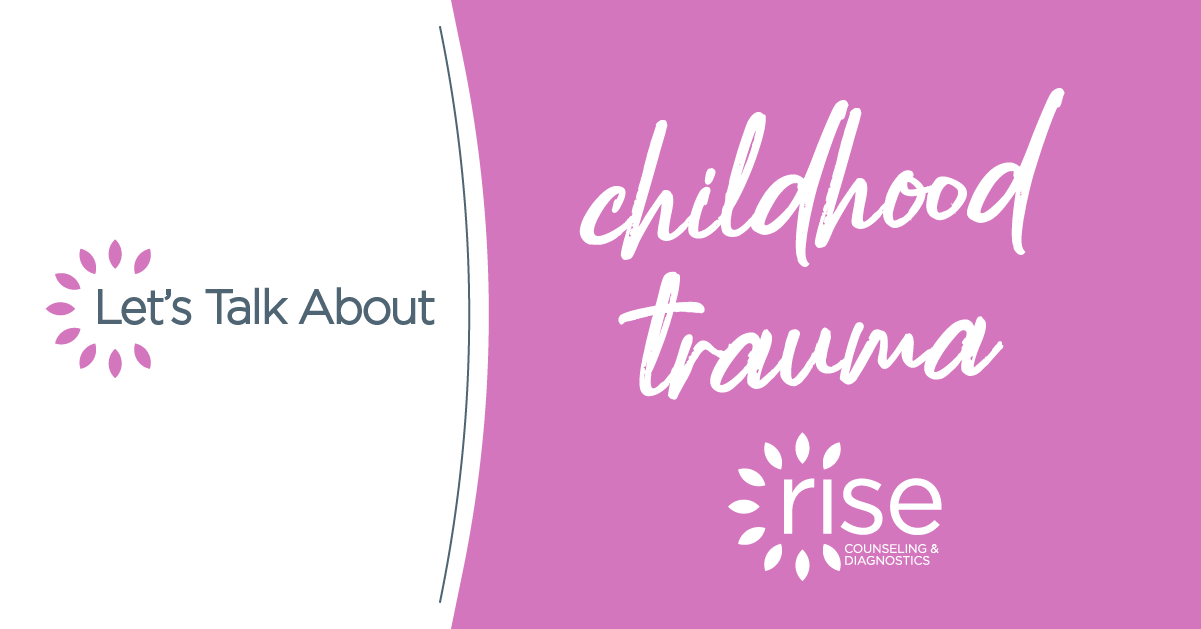According to the National Institute of Mental Health, childhood trauma is defined as: “The experience of an event by a child that is emotionally painful or distressful, which often results in lasting mental and physical effects.”
At least 1 in 7 children have experienced child abuse and/or neglect in the past year. Child trauma survivors may experience learning problems, increased use of health or mental health services, increased involvement with child welfare and juvenile justice systems, and long-term health problems.
Potentially traumatic events include:
- Psychological, physical, or sexual abuse
- Community or school violence
- Witnessing or experiencing domestic violence
- National disasters or terrorism
- Commercial sexual exploitation
- Sudden or violent loss of a loved one
- Refugee or war experiences
- Military family-related stressors (e.g., deployment, parental loss or injury)
- Physical or sexual assault
- Neglect
- Serious accidents or life-threatening loss
Signs of traumatic stress may be different in each child. Below are possible signs for different age groups:
-
Preschool Children
- Fear of being separated from their parent/caregiver
- Large amounts of crying or screaming
- Eating poorly or losing weight
- Nightmares
-
Elementary School Children
- Anxious or fearful
- Feelings of guilt or shame
- Difficulty concentrating
- Difficulty sleeping
-
Middle/High School Children
- Feelings of depression or loneliness
- Development of eating disorder or self-harming behaviors
- Abuse of alcohol or drugs
- Involvement in risky sexual behavior
Remember To:
- Assure your child that they are safe
- Explain that they are not responsible for any event that is causing their stress
- Be patient as some children recover quicker or slower than others in response to trauma
- Seek the help of a trained professional
Childhood trauma effects can last throughout adulthood. If you or your child has experienced childhood trauma or shows these signs, we would love to start the conversation with you at Rise Counseling & Diagnostics. Contact us today at 501-891-5492 or Get Started now.
References include: lookthroughtheireyes.org and samhsa.gov


